Roses- Brown leaves / dying
slowstart
10 years ago
Related Stories

FALL GARDENING5 Ways to Put Fall Leaves to Work in Your Garden
Improve your soil and yard the organic way with a valuable garden booster that grows on trees
Full Story
REMODELING GUIDESInterior Brick: Paint it or Leave It?
Here's how to know if covering that brick is a sin or solution
Full Story
WINTER GARDENINGPruning Secrets for Exquisite Roses
Encourage gorgeous blooms year after year with this time-tested advice on how to prune your rosebush in winter for health and shape
Full Story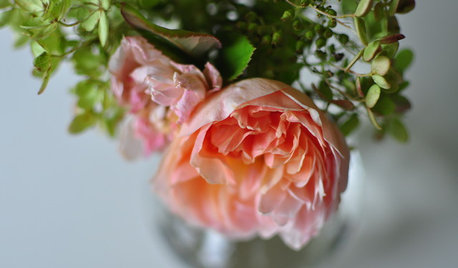
GARDENING GUIDESRoses: Crowning Touch of Gardens
Whether you're the Miss or Mister America of gardening or take a hands-off approach, roses can be a winning addition to your landscape
Full Story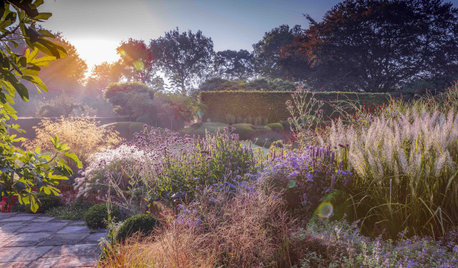
GARDENING GUIDESGot Frost-Damaged Plants? How It Happens, and When and How to Prune
Crispy brown leaves are a sure sign that Jack Frost has been to your neighborhood
Full Story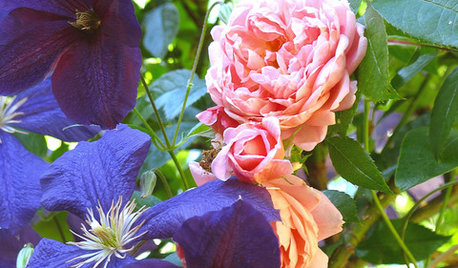
PLANTING IDEASGreat Garden Combo: Rose + Clematis for Small-Space Impact
We all need somebody to lean on. And when a rose supports a climbing vine, the results can totally transform a small garden
Full Story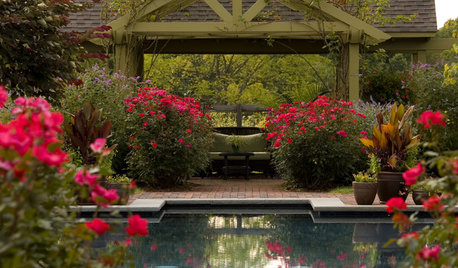
SPRING GARDENINGHow to Grow a Rose Garden in Pots
Everything can come up roses, even without a plot of soil in sight. This step-by-step guide to growing roses in containers shows you how
Full Story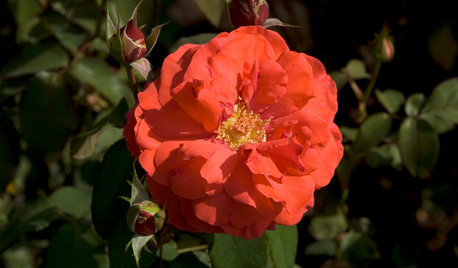
GARDENING GUIDES6 Captivating Roses for an Alluringly Fragrant Garden
Perfume your garden with aromas from richly spicy to lightly sweet, without sacrificing an inch of color
Full Story
BROWNColor Guide: How to Work With Brown
It's all over nature and the decorating world too. From light latte to dark walnut, there's a brown for everyone
Full Story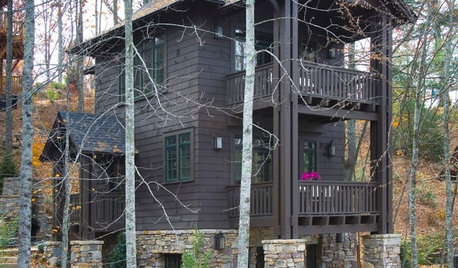
CURB APPEALWhen to Paint Your House Brown
Nature loves brown, from rich soil to sunlit sand, and so do home exteriors with a traditional or Craftsman bent
Full Story





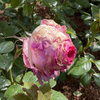
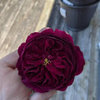
michaelg
roseblush1
Related Professionals
New Mexico Landscape Architects & Landscape Designers · Oatfield Landscape Architects & Landscape Designers · Prairie Ridge Landscape Architects & Landscape Designers · Redondo Beach Landscape Architects & Landscape Designers · Alexandria Landscape Contractors · Peabody Landscape Contractors · Wakefield Landscape Contractors · Holland Landscape Contractors · Paramus Landscape Contractors · Placerville Landscape Contractors · Pueblo West Landscape Contractors · Streamwood Landscape Contractors · Tehachapi Landscape Contractors · Vacaville Landscape Contractors · Webster Groves Landscape ContractorsslowstartOriginal Author
t_bred
michaelg
dan_keil_cr Keil
mad_gallica (z5 Eastern NY)
nickl
predfern
roseblush1
michaelg
User
roseblush1